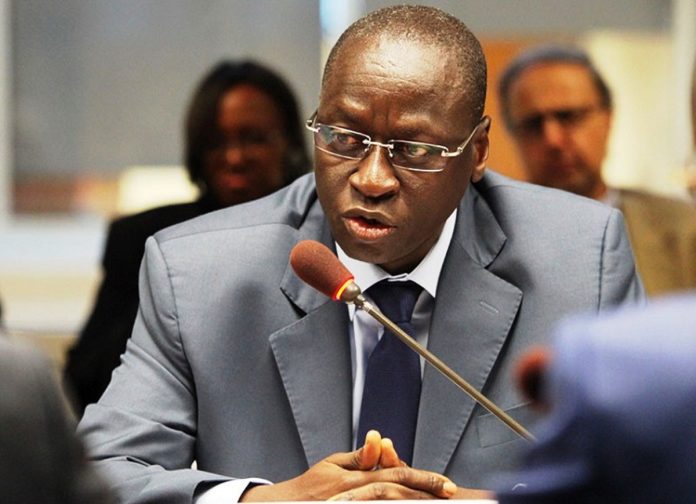World Bank urges Chad to spend more on health and education. While it welcomes the efforts undertaken, the institution encourages the acceleration of reforms, so that the country depends less on oil resources.
“As in the rest of the world, since March 2020, the Covid-19 pandemic has radically changed the macroeconomic outlook.” So worries the World Bank (WB), in a note of conjuncture that it has just published about Chad. The negative effects of the pandemic are not so much the direct contagion as the global economic recession and the collapse in international oil prices that it triggered.
Indeed, Chad’s oil manna, which accounts for nearly 80% of exports and 40% of public revenue, has been severely affected. The drop in demand for exports, the reduction in foreign investment inflows, the closing of borders, and physical distancing measures … All of these elements “risk plunging the country back into recession in 2020”.
For the moment, the WB retains a GDP contraction of 0.2%, compared with the growth of 4.8% expected before the pandemic. The current account deficit is likely to widen, fiscal revenues and government spending will decline, while the increased accumulation of arrears is expected to continue.
If the impact of the Covid-19 crisis eases in the coming months and if the end-of-containment measures are relaxed, growth could rebound in 2021 with the acceleration of production in the new oil fields, and the recovery of oil prices.
However, in the short term, recommends the World Bank, “it is urgent to support the poorest and most vulnerable population”. Which could be affected “disproportionately” by the consequences of the pandemic.
Maintain public services!
The authorities should continue to strengthen economic and social measures aimed at protecting lives, livelihoods and the future. For the WB, it is above all a question of improving the screening and treatment capacities of patients with the virus and of strengthening public awareness as well as the quality of and access to health services.
There is also an urgent need to reduce the economic impact of the pandemic on household income, by guaranteeing the payment of civil servants’ salaries, by improving social safety net programs and by strengthening food security.
The state and its partners will need to assess the capacity of state-owned enterprises to ensure continued provision of basic services (in particular, water and electricity) to citizens during the crisis. It seems imperative to keep essential public financial services functioning.
Finally, the country must improve its resilience. The impact of external shocks on the economy can be mitigated by broadening the tax base. It is therefore necessary to strengthen the collection capacity of tax and customs administrations. The WB recommends, in this context, the adoption of “bold and pro-business reforms in order to accelerate economic diversification”.
This advice is coupled with a satisfaction regarding the slope taken in previous months. Until February, the Chadian economy continued to recover gradually, albeit modestly.
This recovery was supported by a significant increase in oil and agricultural production. After the severe recession of 2016-2017, growth recovered to 2.4% in 2018 and 3.2% in 2019. Non-oil GDP growth, negative in 2017, reached 2.2% in 2019 thanks to the recovery of the service sector.
Reorientation of spending!
Chad’s GDP growth is increasingly supported by the non-hydrocarbon sector. Similarly, the World Bank welcomes “the success of public finance consolidation programs”. Which consisted in containing the wage bill and stepping up efforts to mobilize non-oil revenue has helped to improve the budget balance and support the debt.
In contrast, the WB is concerned, in an analysis of public spending, about the low level of social spending. It considers it essential, in the medium and long terms, to invest in human capital. According to the economists of the institution, public spending allocated to the education and health sectors is “extremely low and inefficient”.
It is true that between 2013 and 2018, the share of public expenditure devoted to education fell from 3.2% to 2.2% of GDP. For their part, health spending represented 4.8% of GDP in 2018, ten percentage points below the target of 15% agreed by African Union countries.
The WB therefore invites the Chadian government to redouble its efforts to reorient their fiscal policy in the long term, if it wants to achieve the objectives of the National Development Plan.































